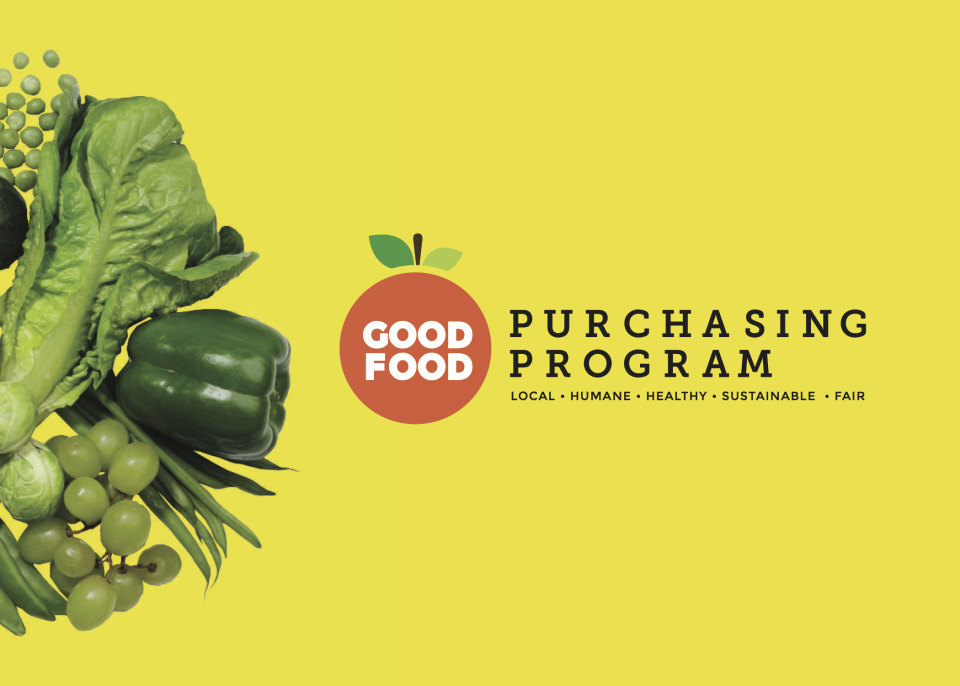News Take Action
Buffalo News: "Another Voice: Good Food Purchasing Program elevates student nutrition"
| Date: | November 25, 2018 |
| Share: |

"Each day, the Buffalo Public Schools serves roughly 25,000 breakfasts, 28,000 lunches, and 5,000 snacks. That is a lot of food! Thus, the choices that BPS makes in purchasing its food have a large impact, not only on the health and wellness of its student but also on businesses, workers, animals and the environment."
By Sam Magavern | November 25, 2018
In recent years, BPS has worked closely with students, parents, staff and community partners to improve food quality. The Buffalo Farm To School program has brought more local, fresh produce into the cafeterias. Salad bars have given students more healthy choices. Meatless Mondays reduce the schools’ impacts on animals.
Roughly 30 schools now have community gardens where students can learn first-hand about growing good food. The city’s recycling program has worked with the schools to reduce food-related waste. The district’s living wage policy, adopted in 2010, brought raises to food service workers. The district is currently considering moving to larger commissary space, which would greatly increase its ability to cook more of its own food and rely less on pre-processed dishes.
Now, the Good Food Buffalo Coalition is helping BPS take its efforts to the next level, and urging the district to join the national Good Food Purchasing Program, which works with school districts and local governments to better align their purchasing with five core values: nutrition, local economies, valued workforce, animal welfare and environmental sustainability.
The first step in the program is to ask the Center for Good Food Purchasing to analyze current food contracts, establish a baseline, and then set targets for the district to gradually improve its buying criteria. School districts around the country, including Minneapolis, Oakland and Chicago, have already seen great results from participating in the program.
Good food helps children stay healthy and learn more in school. School food is particularly critical in a high-poverty district like Buffalo, where four out of five students qualify for free or reduced-price lunch, and many families live in “food deserts” without access to a full-service grocery store.
Food choices have many other impacts as well. Buying more produce from local farmers creates jobs and revenue in the local economy. Food that is grown more sustainably reduces pollution and greenhouse gas emissions (did you know that livestock farming causes more global warming than transportation?).
Food that is raised humanely limits unnecessary suffering among animals. And food system employers that treat their workers well make the whole community stronger. To harvest all of these benefits, we urge the BPS to build on its excellent momentum and join the Good Food Purchasing Program.
---
Access the article on the Buffalo News website here.